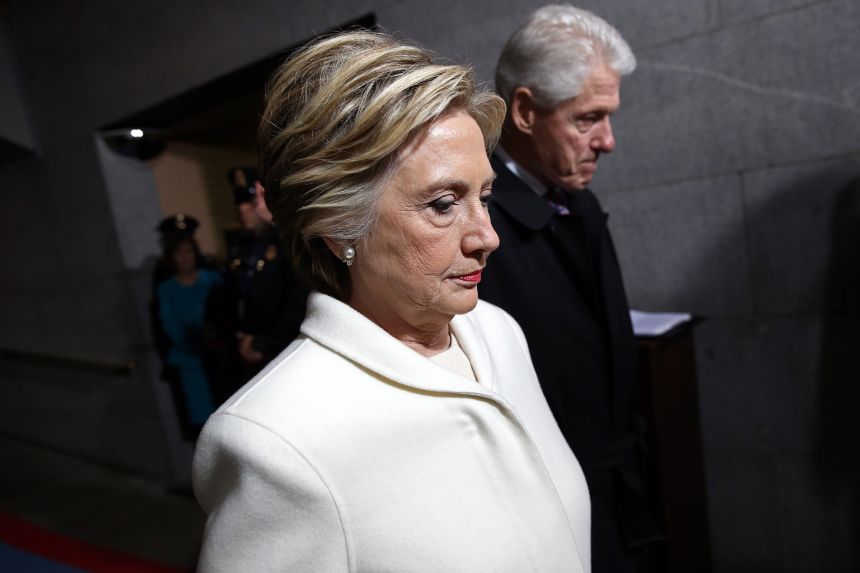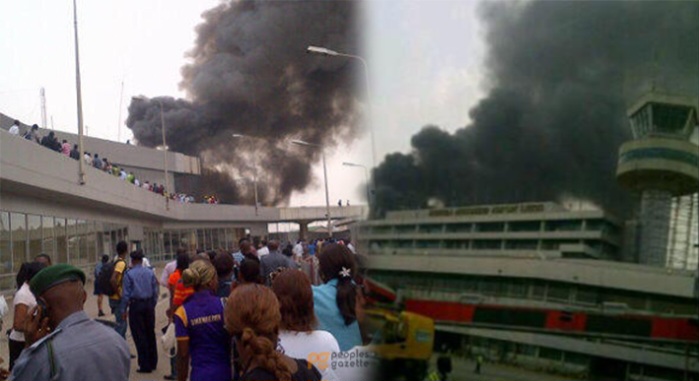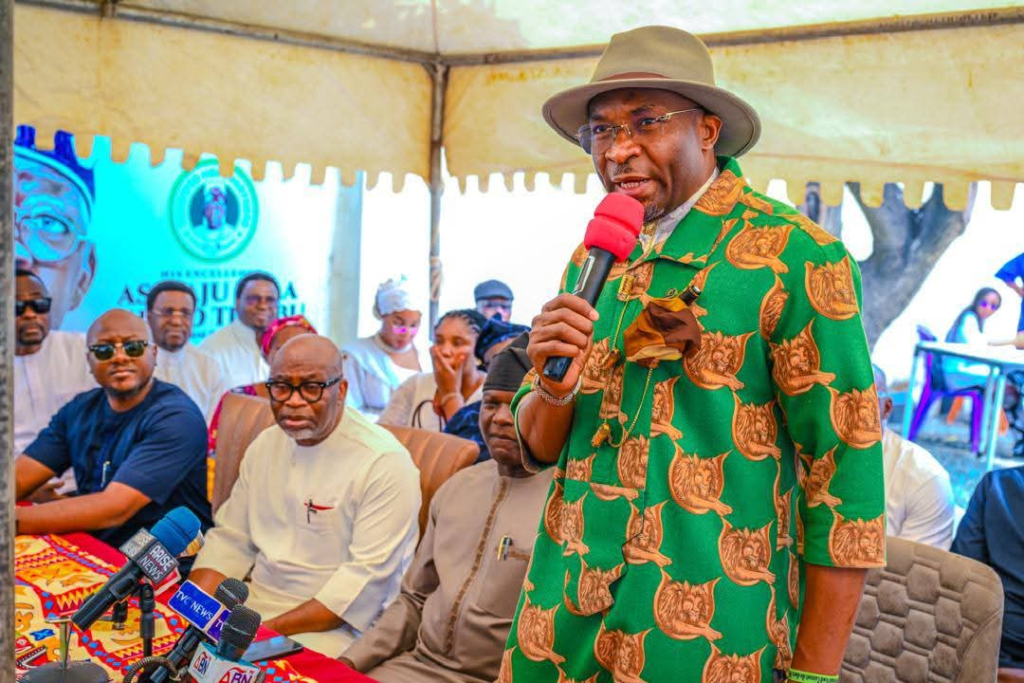Stakeholders have urged the Federal Government to be honest and produce something concrete that the organised unions can work with as they return to the negotiating table today to discuss the implementation framework of resolutions reached on June 5.
They argued that a new agreement should include both formal and informal workers as well as other residents who are not currently employed by the government.
Noting that the atmosphere is already charged and filled with tension, they argued that the government should be magnanimous in ensuring an agreement that is substantial enough to cushion the effect of petrol subsidy removal.
At the last meeting, former Speaker of the House of Representatives, Femi Gbajabiamila, had said the rounds of negotiations between the Federal Government and labour unions ended with a resolution to reconvene today, June 19, to agree on the implementation framework of the resolutions reached.
The resolution was signed by the President and Secretary of the Nigeria Labour Congress (NLC), Joe Ajaero and Emma Ugboaja, respectively; President and Secretary of the Trade Union Congress of Nigeria (TUC), Festus Osifo and Nuhu Toro, respectively, and endorsed by the Permanent Secretary of the Ministry of Labour and Employment, Kachollom Daju.
Gbajabiamila said the Federal Government had promised to provide a framework for the maintenance of roads and expansion of rail networks across the country.
He said the joint committee would assess other demands submitted by the organised labour to the Federal Government during today’s meeting, adding that NLC’s agreement to suspend the strike notice was to enable further consultations, as well as continue ongoing engagements to secure closure on the resolutions.
Already, the National Economic Council (NEC) at the weekend, recommended palliatives for workers and vulnerable groups to ameliorate the harsh effects of fuel subsidy removal.
Governor Bala Mohammed of Bauchi State had disclosed that the Council considered recommendations from the National Salaries Income and Wages Commission to pay N702 billion as cost of living allowance to civil servants as part of its intervention plans.
He said the N702 billion was a suggested sum for labour to cushion the effect on workers on a new allowance that will be tagged cost of living adjustment allowance.
The meeting, presided over by Vice President Kashim Shettima, also announced the setting up of a committee to work out, within two weeks, the modalities for organising and distributing the palliative.
This is just as the TUC, at the last meeting, demanded the immediate implementation that minimum wage should be increased from its current N30,000 to N200,000 before the end of June 2023, with consequential adjustment on Cost of Living Allowance (COLA), like feeding, transport, and housing, among others.
Among the 14 items presented, it said a representative of governors would be a party to the communiqué and all the governors must commit to implementing the new minimum wage.
It demanded tax holidays for employees both in the public and private sector that earn less than N200,000 or $500 monthly, insisting that petrol allowance should be introduced for those earning between N200,000 to N500,000 or $500 to $1,200 yearly, whichever is higher.
It demanded the Federal Government to provide mass transit for all genders and to immediately examine the National Health Insurance Scheme to expand coverage to more Nigerians.
In line with the government’s earlier promise, the labour union demanded that Compressed Natural Gas (CNG) be made available throughout the country in the medium term. It said that both sides would create and agree upon the structure and timing.
It was further said that labour and the government will create a framework aimed at bringing down the cost of governance by 15% in 2024 and by 30% in 2025.
Ada Peter



























